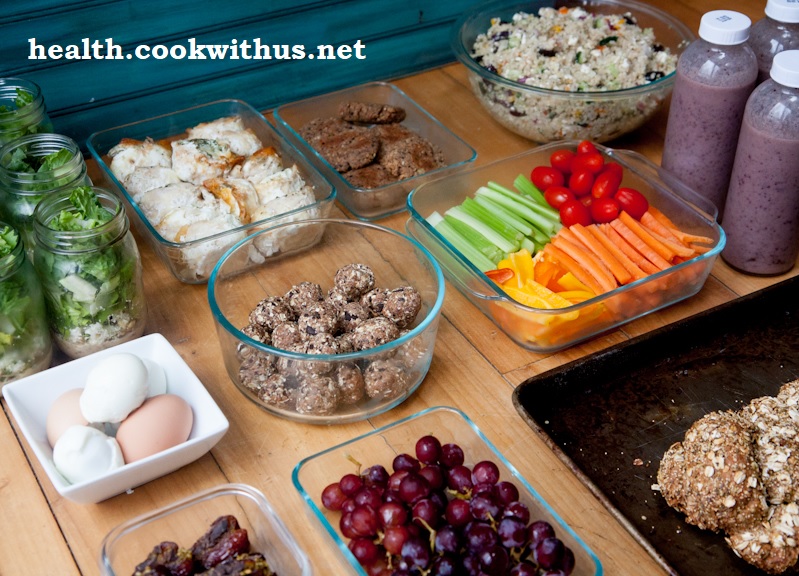Delicious Nutrition: The Power of Healthy Food Choices
2) Whole Grains

Whole grains, such as brown rice, quinoa, and oats, are excellent sources of complex carbohydrates and fiber. They provide sustained energy, aid in digestion, and help regulate blood sugar levels. Including whole grains in your meals can contribute to a balanced diet and promote overall health.
3) Lean Proteins
Proteins are essential for muscle growth, repair, and overall cellular function. Opt for lean sources of protein, such as skinless chicken, turkey, fish, tofu, beans, and legumes. These options provide high-quality protein without excessive saturated fat or cholesterol. Incorporating lean proteins into your meals helps maintain muscle mass, supports a healthy metabolism, and keeps you feeling satisfied.
4) Healthy Fats
Contrary to popular belief, not all fats are bad for you. In fact, healthy fats play a crucial role in our overall health. Include sources of monounsaturated and polyunsaturated fats in your diet, such as avocados, nuts, seeds, olive oil, and fatty fish like salmon or trout. These fats support heart health, help absorb fat-soluble vitamins, and provide long-lasting energy.
III) Meal Planning and Preparation Tips
Now that we understand the importance of healthy food choices, let’s explore some practical tips for incorporating them into our daily lives.
1) Batch Cooking and Meal Prepping

Batch cooking and meal prepping can save time and ensure you have nutritious meals readily available throughout the week. Dedicate a few hours on the weekend to preparing large batches of staples like whole grains, lean proteins, and roasted vegetables. Store them in separate containers for easy assembly during the week. This way, you can create balanced meals quickly and avoid relying on unhealthy takeout options.




